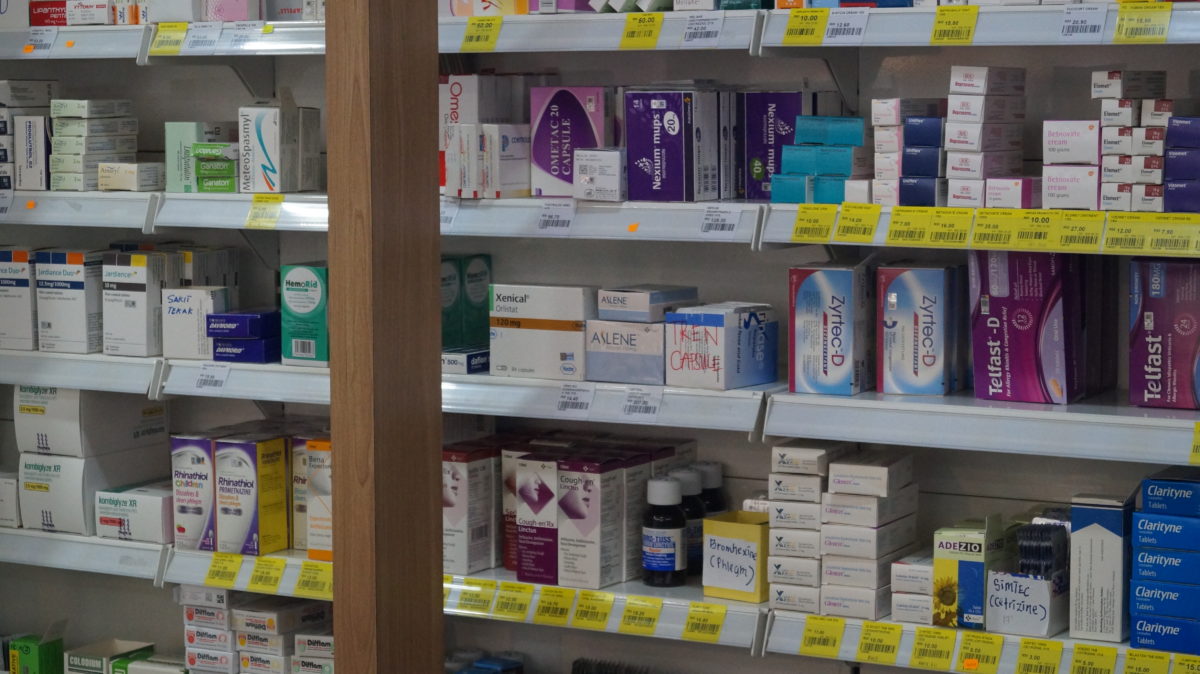KUALA LUMPUR, June 3 – The National Pharmaceutical Regulatory Agency (NPRA) met with local pharmaceutical suppliers and manufacturers and multinational drug makers yesterday to understand the extent of the country’s medicine shortage.
The virtual meeting was held yesterday evening between NPRA’s Centre of Regulatory Coordination and Strategic Planning and the Malaysian Association of Pharmaceutical Suppliers (MAPS), the Malaysian Organisation of Pharmaceutical Industries (MOPI), and the Pharmaceutical Association of Malaysia (PhAMA).
“They are ‘in the dark’ as well as to the cause of the shortage,” a source who attended the meeting told CodeBlue on condition of anonymity.
“They are asking the industry to quickly help to address the situation.”
The source said this was the first meeting called by pharmaceutical regulators on the ongoing medicine supply problem in Malaysia, adding that more follow-up meetings would likely be called as the situation develops.
CodeBlue reported earlier yesterday complaints from private general practitioners (GPs) that various prescription and over-the-counter (OTC) medications — such as antibiotics, and medicines for fever, flu, cough and cold, as well as syrups for children — are already out of stock. The shortages affect both generic and original medications.
Local pharmaceutical suppliers expect Malaysia’s medicine shortages to worsen until September or end of the year, with MAPS projecting drugs to run scarce across all therapeutic segments in the mid- to long-term.
MAPS attributed the “critical” medicine shortage to the two-month lockdown in Shanghai, China, and the Russia-Ukraine war that disrupted global supply of active pharmaceutical ingredients (APIs), and pharmaceutical intermediates and excipients — raw materials needed to create finished pharmaceutical products.
Malaysia’s entire supply of finished pharmaceutical products are either directly imported or indirectly imported through the import of those raw materials for the local manufacture of medicines.
MAPS had said Malaysia was “severely affected” by the Shanghai lockdown and Russia’s invasion of Ukraine because Malaysia depends on the global supply of both APIs and finished pharmaceutical products. China is the world’s number one supplier of APIs and pharmaceutical intermediates.
Malaysia’s largest pharmaceutical manufacturer Pharmaniaga Berhad, which produces generics, claimed at yesterday’s meeting with NPRA that it had “no issue” with its supplies to the Ministry of Health (MOH), the anonymous source told CodeBlue. Pharmaniaga attended the meeting as a member of MOPI.
Klang MP Charles Santiago told CodeBlue that he expected the drug shortage to force MOH clinics and hospitals to reduce dispensing of drugs from three months’ worth to one month, and then to two weeks, leading to extra visits and additional travel costs for patients.
Malaysia has a dual health care system, comprising public health care facilities, including MOH facilities and university hospitals under the Ministry of Higher Education, as well as clinics and hospitals in the private sector.
Global pharmaceutical supply challenges mean that medicine shortages would likely hit Malaysian health care facilities across the board in both the public and private sectors.








